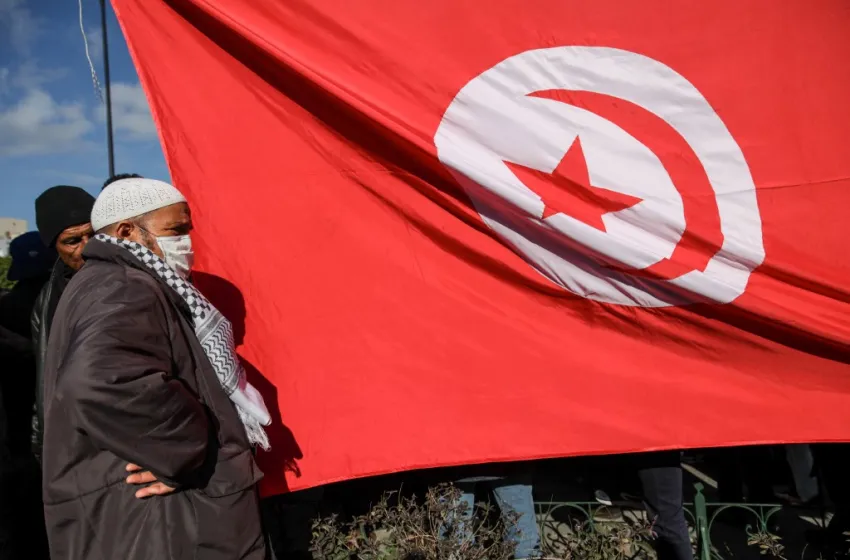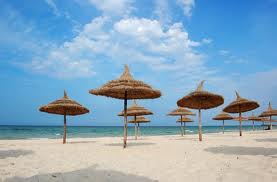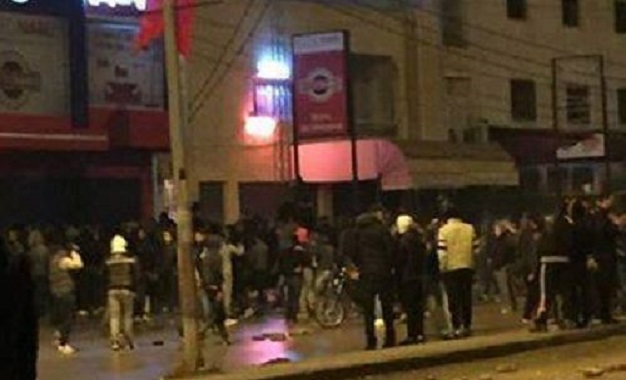Tunisia is experiencing a democratic backsliding following the power grab of President Kais Saied that has led to frequent protests against his iron fist and stoked fears that an authoritarian regime is in the making in the crisis-ridden country.
Kais incremental coup started last July when he sacked the government and suspended the parliament, ruling the country by decree ever since.
His most recent move was controlling the country’s election commission, the Independent High Authority for Elections, or ISIE, a body that was tasked with ensuring legitimacy of ballots.
He said the move was the best response to the economic and political woes of the country that required a full-scale reset. But his opponents denounced a coup that demolished Tunisia’s democratic gains.
Earlier this month, thousands took to central Tunis chanting slogans demanding his resignation and the return to democratic order.
The US aid agency (USAID) said it will slash aid to Tunisia due to the anti-democratic measures taken by the President.
Human rights watchdogs rang the bell regarding the violation targeting dissidents and rights advocates in the country.
The democratic backpedaling suffered by Tunisia takes place at a context of an acute economic crisis that draws bleak prospects for the country’s short-term outlook, exacerbated by geopolitical tensions.
The Tunisian central bank increased the key interest rate to 7% in order to avert a scenario in which inflation could surge by double digits.
The Governor of the Central Bank, Marouane El Abassi, said that the current deficit should worsen to reach 10% of GDP in 2022, against 6.8% initially expected and 6.1% in 2021.
The Governor noted the strong pressures on the global balances, not yet recovered from the effects of the health crisis, especially the external sector. He said that “a significant widening of the trade deficit is expected due to our dependence on imports of strategic products (energy and cereals) from the Russian-Ukrainian conflict zone, combined with the unprecedented surge in oil prices ($113 per barrel of Brent on May 17, with a peak of $128 on March 8).
According to the governor, the Russian-Ukrainian crisis, besides generating a significant hike in the energy and food bills, will also have a negative impact on manufacturing sectors’ exports in relation to the expected slowdown in demand from the euro zone.
It will also have negative effects on tourism revenues from the countries of the conflict region, knowing that the Russian market provided revenues of nearly 800 MD for about 630 thousand arrivals in 2019 and an increase in shipping costs and insurance fees.
Besides, Tunisia’s $37 billion-economy is reeling under a huge debt of 40 billion dollars and talks for an IMF deal have stalled amid fierce opposition from powerful labor unions.
Trying to avoid a full financial collapse, Tunisia started talks with the IMF to seek a loan of up to 4 billion dollars in exchange for unpopular reforms, including spending cuts, wage freezes and an end to subsidies.



